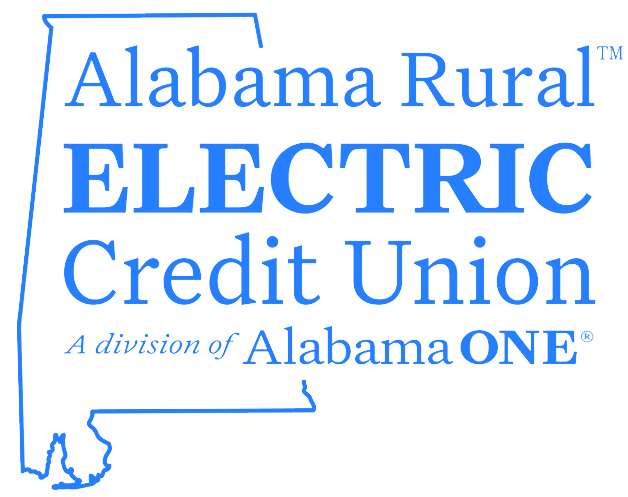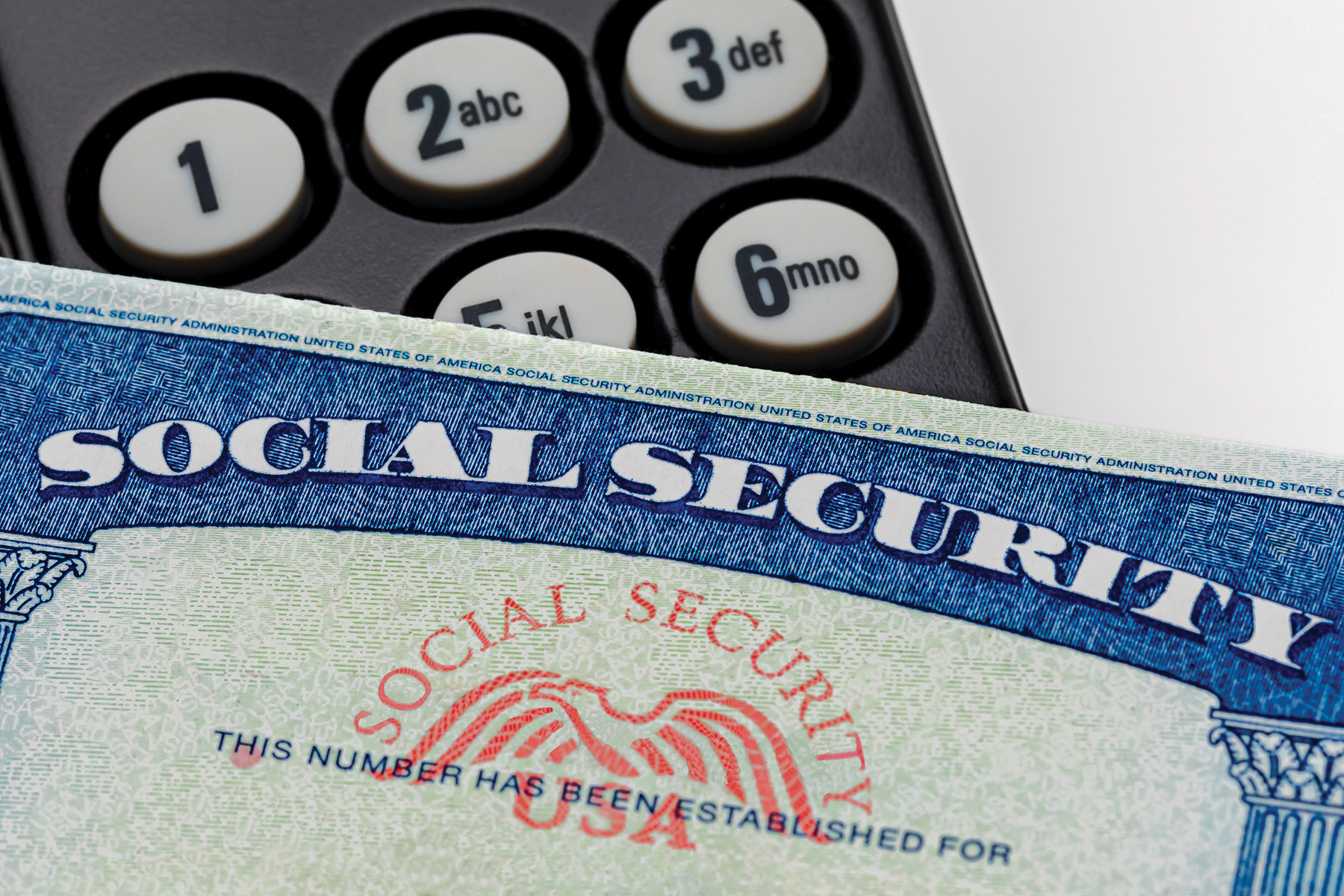By Jennah Denney
Electric cooperatives are proud to serve small businesses that are essential to our local communities. As costs for pretty much everything continue to rise, small business owners are feeling strained. Luckily, there are steps Alabama’s small business owners can take to conserve energy––and save money.
Many small businesses are in commercial buildings smaller than 50,000 square feet. These buildings use 44% of the energy consumed by commercial buildings in the United States. According to the EPA’s ENERGY STAR® program, small businesses in the U.S. collectively spend a staggering $60 billion on annual energy costs. Additionally, a survey conducted by the National Federation of Independent Business found that energy costs are a top-three expense for more than a third of the nation’s small businesses.
Small businesses can reduce their energy costs by taking advantage of competitive rates, making upgrades to increase efficiency and making simple changes to how they do business. This can have a direct effect on a business’s bottom line and make it more competitive in the current market.

Photo courtesy Tim Mossholder
Here are a few areas small business owners can focus on saving energy and money.
Lighting: Many small businesses, like offices and retail stores, depend greatly on lighting, which can be a major expense. There are two ways to increase the efficiency of your business’s lighting system: install energy efficient equipment (bulbs and/or fixtures) and change how you use lighting.
New LED bulbs use less energy and last much longer. LEDs come in a variety of options and prices, making them great replacements for older, inefficient bulbs.
Encourage employees to turn off lights when they’re not being used. You can also install light switches with sensors so lights automatically turn off when no one is in the room.
Equipment and appliances: Turning off office equipment and appliances can help save energy and money. Computer monitors can add up to $30 to an office’s energy bill if left on during evenings and weekends.
Restaurants typically use up to 10 times more energy per square foot than other commercial buildings. To save money, it is important to have energy efficient food service equipment.
Additionally, kitchens in many other kinds of small businesses use microwaves, coffee makers and refrigerators, which should be considered when reviewing overall energy use.
Heating and cooling systems: Heating and cooling account for a large portion of a small business’s energy bills.
Tracking energy use and maintaining the heating and cooling system can help small business owners save on energy bills. The system should be inspected annually, and filters should be replaced regularly. If the system needs replacing, consider alternative options like a heat pump with a seasonal energy efficiency ratio (SEER) of 13 or higher. Your local electric co-op can offer advice on efficient heating and cooling equipment.
Air leaks and insulation: Just like our homes, small businesses have windows, walls, a roof and insulation as part of their building envelope. Air leaks can lead to higher bills.
Leaks typically are found around windows, doors, walls and the roof. Seal these areas for additional energy savings.
Water: Efficient use of energy and water go hand in hand. In most cases, gas or electricity is used to heat water, which costs money. The more heated water your business uses, the more you can save by determining how to use water most efficiently. Lowering the water temperature between 110 and 120 degrees is an easy way to save on water heating.
Transportation: Many businesses can recognize fuel savings and lower the total cost of fleet ownership and transportation networks by switching to electric vehicles (EVs).
EVs have lower maintenance costs because they are more reliable than internal combustion engine (ICE) vehicles. This is because EVs have fewer mechanical parts that can break, and they often provide better data to allow for more proactive maintenance. Depending on your business’s transportation needs, EVs may be able to provide better energy savings for the long-term.
In conclusion, small businesses can take simple steps to better control how much energy they use and how they use it. Not sure where to start? Ask your electric co-op if they offer energy audits, which can identify areas to save the most energy.
Jennah Denney writes on consumer and cooperative affairs for the National Rural Electric Cooperative Association, the national trade association representing more than 900 local electric cooperatives. From growing suburbs to remote farming communities, electric co-ops serve as engines of economic development for 42 million Americans across 56% of the nation’s landscape.





